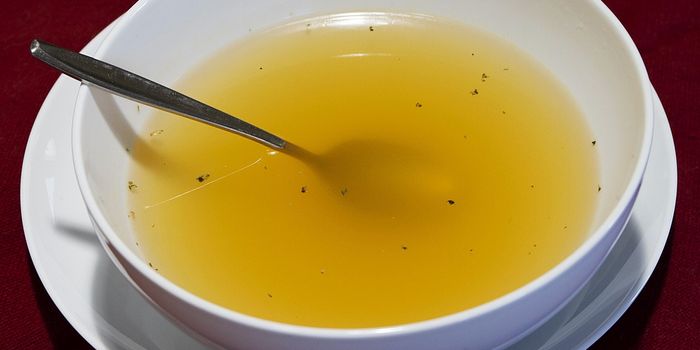Sugar May Change Brain Chemistry After Just 12 Days
Our brain’s reward system is crucial for learning new things. Relying on the release of neurotransmitter dopamine, it is also a key reason behind why some things just feel so good- such as falling in love and sex. Now, new research conducted on pigs has found that eating sugar may alter the brain’s reward-circuitry in a similar way to addictive drugs.
For the study, researchers from Aarhus University in Denmark examined how sugar intake affected seven female Gottingen minipigs using complex PET imaging techniques that observed their brain’s reward systems over time. Over the course of 12 days, the researchers gave the minipigs access to a sucrose solution for one hour per day, and then measured its effects on their brain chemistry 24 hours later.
By the end of the study, they found that after just 12 days of consuming sugar, the pigs experienced significant changes in their brain’s dopamine and opioid systems. These were also accompanied by alterations in the striatum, nucleus accumbens, thalamus, amygdala, cingulate cortex and prefrontal cortex. More than this, the researchers found that the opioid system, part of the brain’s reward system linked to a feeling of pleasure and wellbeing, was already activated after their first exposure to the sugary solution.
From the research, the scientists thus concluded that foods with a high sucrose content may influence the brain’s reward circuitry in similar ways to addictive drugs. Winterdahl said, “If sugar can change the brain’s reward system after only 12 days, as we saw in the case of the pigs, you can imagine that natural stimuli, such as learning or social interaction, are pushed into the background and replaced by sugar and/or other ‘artificial’ stimuli.”
Of course, as this experiment was conducted on pigs, the researchers have said that its findings may not exactly translate to humans too. Having said that however, as humans are hard to control over such a period of time (due to the possibility of dopamine levels being modulated by a variety of factors from entering a new romantic relationship or what we eat), the findings from the pigs may still serve as a good indication as to how human brains may respond to sugar, and thus suggest it should be consumed with caution.
Sources: Medical News Today, Nature









